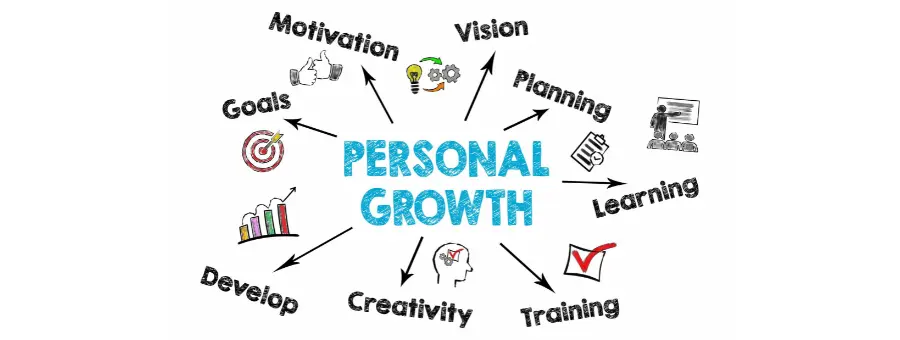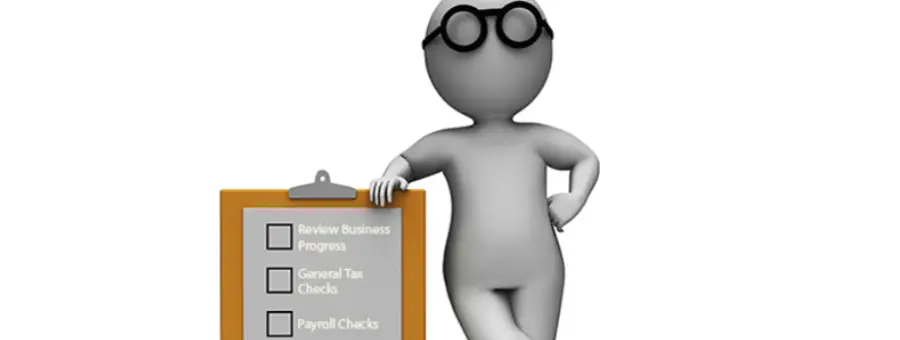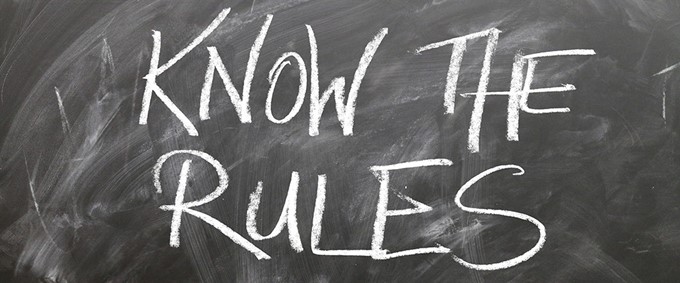
Self-development starts with self-awareness. The questions below are designed to heighten your self-awareness and must be answered with depth of soul honesty. Then and only then will they help you move closer towards achieving your potential.
To complete this self-awareness exercise, answer every one of the following questions after truthful self-reflection. It would be most beneficial if you could discuss your answers with someone you trust, to help you clarify, understand and determine the takeout for your future.
Each question has a brief explanation of its meaning and significance in italics.
- What events and circumstances have shaped you into who you are today? Which of these is positive for you? What are you doing, or will you do about those that are not?
- Being aware of what has shaped you from your past will help you understand more about who you are and to change the parts you dislike or that don’t work.
- What do you need to let go of… move on from?
- Holding on to anything from your past that is negatively affecting how you feel or act must be eradicated.
- What in your life have you turned into a ‘story’ that is limiting your potential to be happy/successful? How inclined are you to turn situations into stories?
- Stores are when we turn facts into a commentary that blurs the reality of the situation, complicating it, allowing extrapolation, excuses and blame, bringing in negative emotion, and putting our own flavour on the facts. When we do this, we lose the reality of situations and that disables us to behave in the best interests of ourselves and others.
- How do you usually make important decisions?
- Your approach could simply be because it has become a habit. You need to ensure that the process you engage is effective.
- Who is someone in your life you would benefit from emulating more?
- Many people emulate some of the behaviours of others, deliberately or accidentally. Identifying who to emulate is important so that our role models have a positive impact on our lives, rather than potentially taking on some poorer behavioural traits.
- What is one important thing that you may run out of time to do in your life?
- Time is not on our side, but we can lapse into feeling that it is. Urgency about doing important things has to be chosen rather than waiting for it to occur.
- What is something you should spend more time thinking about?
- Busy lives suck up our think time. Conscious choices of how to use our think time is an absolute necessity rather than just thinking about what’s going on around us.
- What is one thing you are not being honest with yourself about?
- This may be difficult to spot so the input of someone you trust and who knows you well may be necessary. Whatever it is you will benefit from identifying it and doing something about it behaviourally.
- What’s one piece of consistent advice or feedback you have received from people that you have not done anything about?
- This may be through stubbornness, distrust of others, inertia, lack of self-discipline or fear. If you have received a consistent message from several people over time it’s probably accurate so summoning the courage to do something about it will help you in future.
- What statement should/could you say to yourself to begin every day?
- Our brains need to be programmed to take us to the required behaviours for happiness/success. Starting a day without doing that will allow its default, which may not be effective.
- What priorities are you truly living?
- Busy lives often lead to living the wrong priorities, sometimes without realizing it, sometimes thinking it will pass by itself, sometimes intending to shore it up later. None of those approaches are effective.
- What is your initial reaction to potential disagreement?
- If it is to resist communication that is necessary, then that will limit you and others. Disagreement only turns into conflict if there is a lack of skill and/or discipline.
- Are you high maintenance, according to others?
- Being high maintenance will eventually affect how others treat you. It will also affect them and even how much they want to be around you.
- What absolute limits have you pushed yourself to in your life so far? What other limits will you push yourself to in future?
- Not knowing where your limits are will limit your achievements.
- What is your ideal number of friends? How important are acquaintances to you?
- Your answers may tell you some things about yourself and how you go about relationships and interactions with other people?
- What secret(s) do you have from the past?
- Which of these would be better shared and/or dealt with?
- What do you think about more than anything else?
- What we think about often becomes our reality. Preoccupation with what we want rather than what we fear is crucial.
- How long do you hold anger or grudges against others?
- Anger is a negative emotion that can lead to ineffective behaviours and makes us feel tense, stressed and unhappy. Moving on quickly from anger can be self-trained.
- How long does it take for you to trust someone else? What must they do or not do to gain your trust?
- Consider the impacts this is all having on your relationships.
- In what ways do you still need to mature, irrespective of your age?
- Maturity is not just about age; it’s about growth. No one is ever too old to mature emotionally and behaviourally.
- How willing are you to tell the truth to others, when it will be difficult for them to hear it?
- This will tell you as much about yourself as it does about the recipients.
- What pride do you live out that is misplaced?
- Sometimes pride develops in us for the wrong things. Pride should be placed on aspects of our lives that reflect the values we want to live.
- What do you feel insecure about in your life?
- Feelings of insecurity can cause unproductive behaviours … they need to be shored up.
- What do you worry about a lot?
- First, worry is a sustained form of indecision. Second, do the things you worry about really matter? Third, the remedy to worry is to act.
- How much time do you spend by yourself?
- Self-time is a highly effective way to re-prioritize, relax and become more self-aware.
- If you had to choose between the two extremes would you regard yourself as relaxed or tense?
- Too much either way negatively affects happiness and performance. The right balance of the two is imperative.
Previous Newsletter Articles
Business Tips
HR Information
Contact Us
1300 022 270
enquiries@myabbs.com.au






